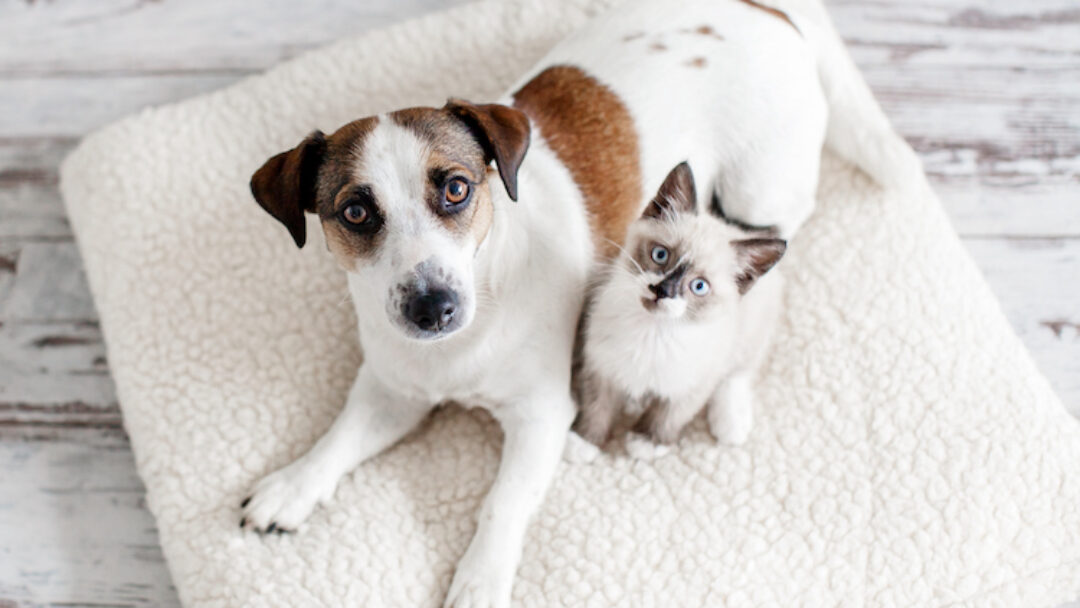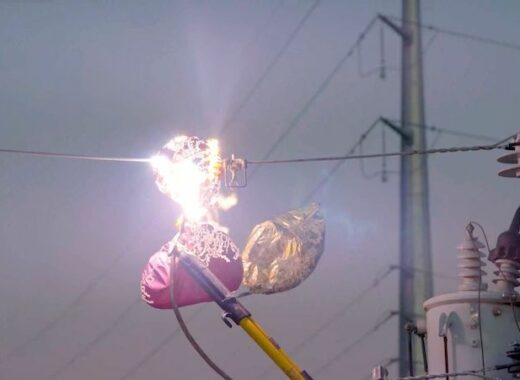February is Spay and Neuter Awareness Month and Best Friends Animal Society, a leading animal welfare organization dedicated to ending the killing of dogs and cats in America’s shelters by 2025, is raising awareness on the simple solution communities can take that not only aids in lifesaving, but all around improves the animal’s well-being.
“Spaying and neutering dogs and cats provides pets and their families, as well as communities, with many benefits,” said Julie Castle, CEO, Best Friends Animal Society. “These routine procedures may prevent medical and behavioral problems from developing, allowing pets to lead a longer, healthier and happier life.”
Additional benefits of spaying and neutering pets include:
- Decreasing the number of accidental litters.
- Reducing the risk of future medical problems and expenses including testicular cancer, uterine infections, and ovarian and breast cancers.
- Improving territorial marking tendencies, yowling/howling, escaping, and other troublesome behaviors.
- Lowering the probability that pets will try to escape their home in search of a mate.
- Greatly impacting the number of dog bite incidents in a community. Most dog bites (60–80 percent) are caused by intact male dogs. Pregnant or nursing female dogs are more likely to bite as well.Reducing your pet’s likelihood of biting or fighting may also help protect you from potential legal action. Spayed/neutered pets are less likely to engage in behaviors that could cause problems with neighbors. Spayed or neutered pets are often more relaxed, and even more affectionate.
Healthy puppies and kittens can be spayed as young as 2 months, or when they reach 2 pounds, and can be done in a veterinarian’s office. The cost varies by community, but the one-time expense is much more cost-effective than taking care of multiple litters. Many communities also have free or low-cost spay/neuter for those who cannot afford the procedure. Contact your veterinarian or local animal shelter to find out what programs are available.
Having pets spayed or neutered can also help the shelter crisis. Across the country, shelters are struggling with higher intakes, while adoptions, fosters and rescues are not keeping pace. This has led to a population imbalance with more animals in shelters, causing an increased strain on shelter staff and the overall crisis. With most U.S. shelters at or over capacity, pets are more at risk for being killed due to lack of space.
“Spay/neuter directly affects the number of pets that lose their lives in the U.S. Having your pet spayed or neutered prevents additional animals from being born and frees up homes for those currently waiting at shelters. By taking this one action, you’ll be an important part of the movement to make America a no-kill country by 2025,” added Castle.
To find and adopt your next pet, visit bestfriends.org.








